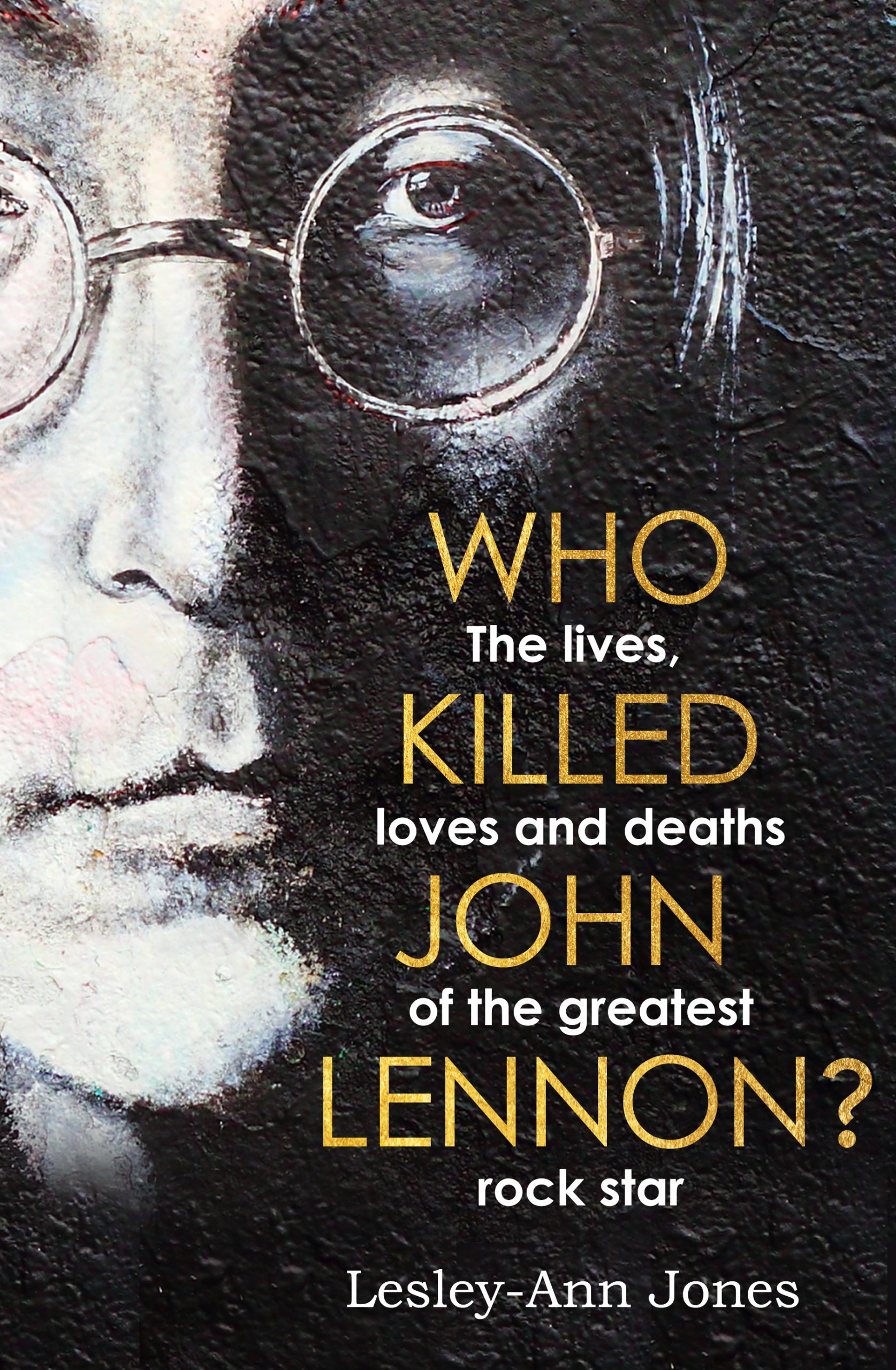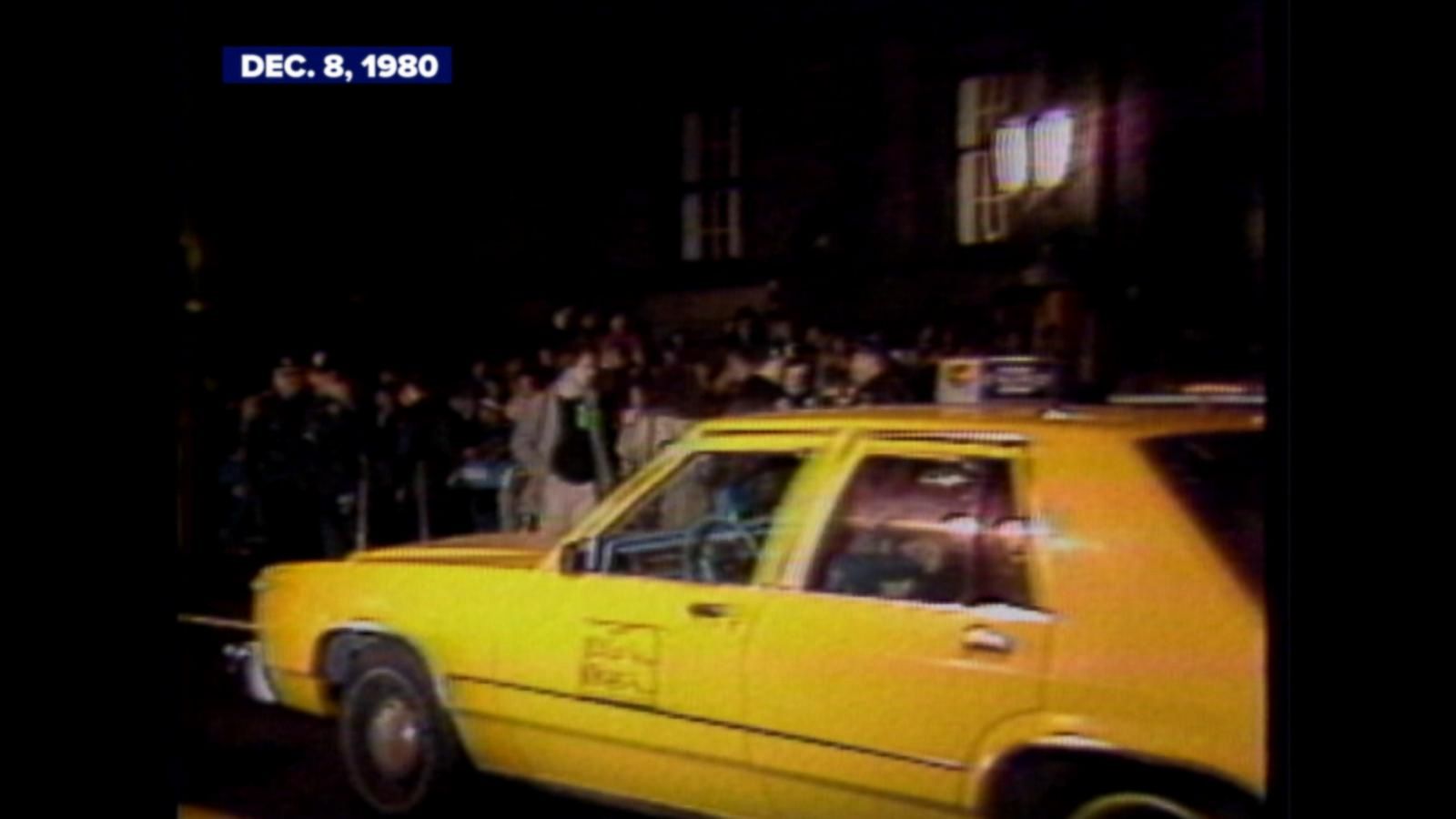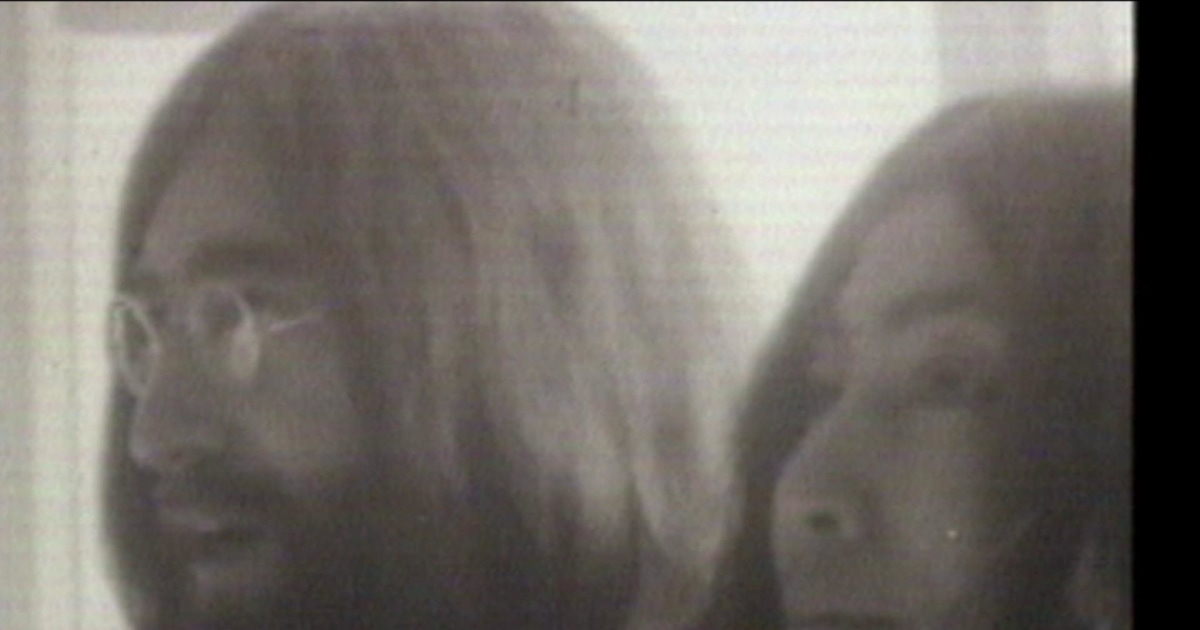When John Lennon Was Killed: A Comprehensive Look At The Tragic Event
The assassination of John Lennon remains one of the most shocking and tragic events in music history. On December 8, 1980, the world lost a legendary artist who not only revolutionized music but also inspired millions with his messages of peace and love. The event sent shockwaves through the global community, leaving an indelible mark on popular culture and history.
John Lennon, a founding member of The Beatles, transcended his fame as a musician to become a cultural icon. His untimely death continues to evoke strong emotions, and the circumstances surrounding his assassination have been extensively analyzed over the years. This article delves into the details of the tragic event, exploring its impact on the world and the legacy Lennon left behind.
Through this exploration, we aim to understand the significance of Lennon's contributions to music and society, as well as the enduring influence of his life and death. Let us journey through the events leading up to his assassination, the aftermath, and the lasting legacy of this iconic figure.
Read also:Busted Mugshots Wichita Falls Texas Unveiling The Stories Behind The Faces
Contents:
- Biography of John Lennon
- Events Leading Up to the Assassination
- The Assassination
- Why Was John Lennon Killed?
- The Accused: Mark David Chapman
- Aftermath of the Assassination
- Impact on the World
- John Lennon's Legacy
- Remembering John Lennon
- Conclusion
Biography of John Lennon
Early Life and Career
John Winston Ono Lennon was born on October 9, 1940, in Liverpool, England. He became one of the most influential musicians of the 20th century, both as a member of The Beatles and as a solo artist. Lennon's early life was marked by personal struggles, including the separation of his parents, which significantly shaped his worldview and artistic expression.
Below is a summary of John Lennon's personal information:
| Full Name | John Winston Ono Lennon |
|---|---|
| Date of Birth | October 9, 1940 |
| Place of Birth | Liverpool, England |
| Occupation | Singer, Songwriter, Activist |
| Spouse | Yoko Ono |
| Date of Death | December 8, 1980 |
Contributions to Music
As a key figure in The Beatles, Lennon helped shape the band's revolutionary sound and contributed to some of their most iconic songs, such as "Come Together," "Strawberry Fields Forever," and "All You Need Is Love." His solo career further showcased his artistic depth, with hits like "Imagine" and "Give Peace a Chance" becoming anthems for peace and social justice.
Events Leading Up to the Assassination
In the years leading up to his death, John Lennon had largely stepped away from the public eye to focus on family life with his wife Yoko Ono and their son Sean. However, in 1980, he made a comeback with the album "Double Fantasy," which was released just weeks before his assassination.
During this time, Lennon was often seen around New York City, where he resided. He was known for his friendly demeanor and willingness to interact with fans, a trait that tragically contributed to the events of December 8, 1980.
Read also:Paige Ariana Doppelganger Unveiling The Fascinating World Of Lookalikes
The Assassination
On December 8, 1980, John Lennon was shot outside his apartment building, The Dakota, in New York City. The tragic event unfolded shortly after Lennon returned from a recording session. Mark David Chapman, the man who pulled the trigger, had earlier that day obtained Lennon's autograph, a detail that has been widely discussed in the years since.
Details of the Shooting
- Lennon was shot four times at close range.
- The incident occurred around 10:50 PM.
- He was rushed to Roosevelt Hospital but was pronounced dead on arrival.
Why Was John Lennon Killed?
Mark David Chapman's motivations for assassinating John Lennon have been the subject of much speculation. Chapman claimed to be inspired by the novel "The Catcher in the Rye," identifying with its protagonist, Holden Caulfield. He reportedly saw Lennon as a symbol of everything he despised in society, although his reasons remain unclear and complex.
Chapman's actions have been described as those of a disturbed individual, and his mental health history has been scrutinized in numerous investigations and analyses.
The Accused: Mark David Chapman
Mark David Chapman was arrested immediately after the shooting and confessed to the crime. He was sentenced to 20 years to life in prison and has been denied parole multiple times since then. Chapman's actions have been condemned globally, and he remains a controversial figure in the narrative of Lennon's assassination.
Chapman's Background
- Born on May 20, 1955, in Fort Worth, Texas.
- Struggled with mental health issues throughout his life.
- Was a fan of The Beatles before turning against them.
Aftermath of the Assassination
The assassination of John Lennon sent shockwaves throughout the world. Fans and fellow musicians alike mourned the loss of a beloved figure who had inspired countless individuals with his music and activism. Lennon's death became a symbol of the fragility of life and the impact of celebrity culture.
Gatherings in cities around the globe, including New York's Central Park, paid tribute to Lennon. The outpouring of grief demonstrated the profound effect he had on people from all walks of life.
Impact on the World
John Lennon's assassination left a lasting impact on the world. It sparked conversations about gun control, mental health, and the dangers of celebrity obsession. Lennon's advocacy for peace and his belief in a better world continue to inspire activists and artists today.
His death also highlighted the importance of addressing mental health issues and providing support for those struggling with psychological disorders. Lennon's legacy serves as a reminder of the power of art to bring about change.
John Lennon's Legacy
Despite his untimely death, John Lennon's legacy endures. His music continues to resonate with new generations, and his messages of peace and love remain relevant in today's world. Lennon's influence extends beyond music into realms of activism, philosophy, and cultural critique.
Monuments and memorials dedicated to Lennon, such as the Strawberry Fields memorial in Central Park, stand as testaments to his enduring impact. His vision of a world without division and conflict continues to inspire millions globally.
Remembering John Lennon
Each year on December 8, fans around the world gather to remember John Lennon and celebrate his life and contributions. Events are held in various cities, with people coming together to listen to his music, share stories, and reaffirm their commitment to the ideals he championed.
Lennon's memory is kept alive not only through these commemorations but also through the ongoing influence of his work. His songs and writings continue to inspire new generations to strive for a better world.
Conclusion
The assassination of John Lennon remains a poignant reminder of the impact one individual can have on the world. His life and death have left an indelible mark on music, culture, and society. Through his music and activism, Lennon inspired countless individuals to dream of a better future.
We invite you to reflect on the life and legacy of John Lennon and consider how his messages of peace and love can be applied in today's world. Share your thoughts in the comments below, and explore other articles on our site to learn more about influential figures in history.
Sources:


